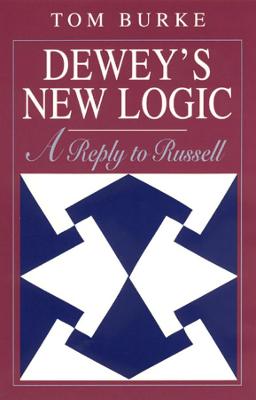Celebrated for his work in education and pragmatism, John Dewey might have had more of a reputation for his logic had Bertrand Russell not so fervidly attacked him on the subject. This book analyzes the debates between Russell and Dewey that followed the 1938 publication of Dewey's "Logic: The Theory of Inquiry" and argues that, despite Russell's resistance, Dewey's logic has become surprisingly relevant to recent developments in philosophy and cognitive science. Since Dewey's logic focused on natural language in everyday experience, it posed a challenge to the legitimacy of Russell's formal syntactic conception of logic. Tom Burke demonstrates that Russell misunderstood crucial aspects of Dewey's theory - his ideas on propositions, judgments, inquiry, situations, and warranted assertibility - and contends that today logic has progressed beyond Russell and is approaching Dewey's broader perspective. Burke argues that Dewey's logic addresses issues in epistemology, philosophy of language and psychology, computer science and formal semantics in a way that Russellean logic does not.
- ISBN10 0226080692
- ISBN13 9780226080697
- Publish Date 1 October 1994
- Publish Status Active
- Publish Country US
- Imprint University of Chicago Press
- Format Hardcover
- Pages 295
- Language English
- URL http://wiley.com/remtitle.cgi?isbn=9780226080697
